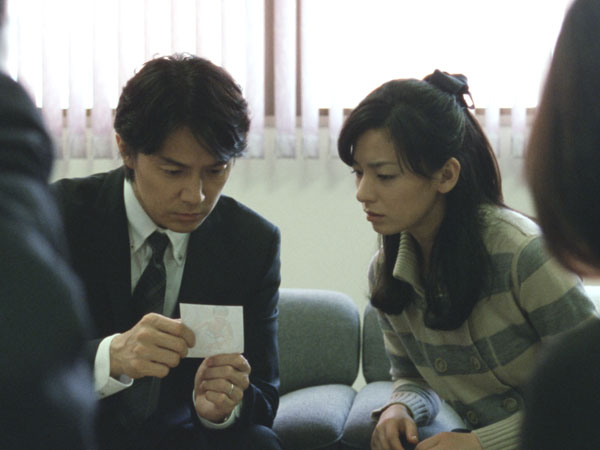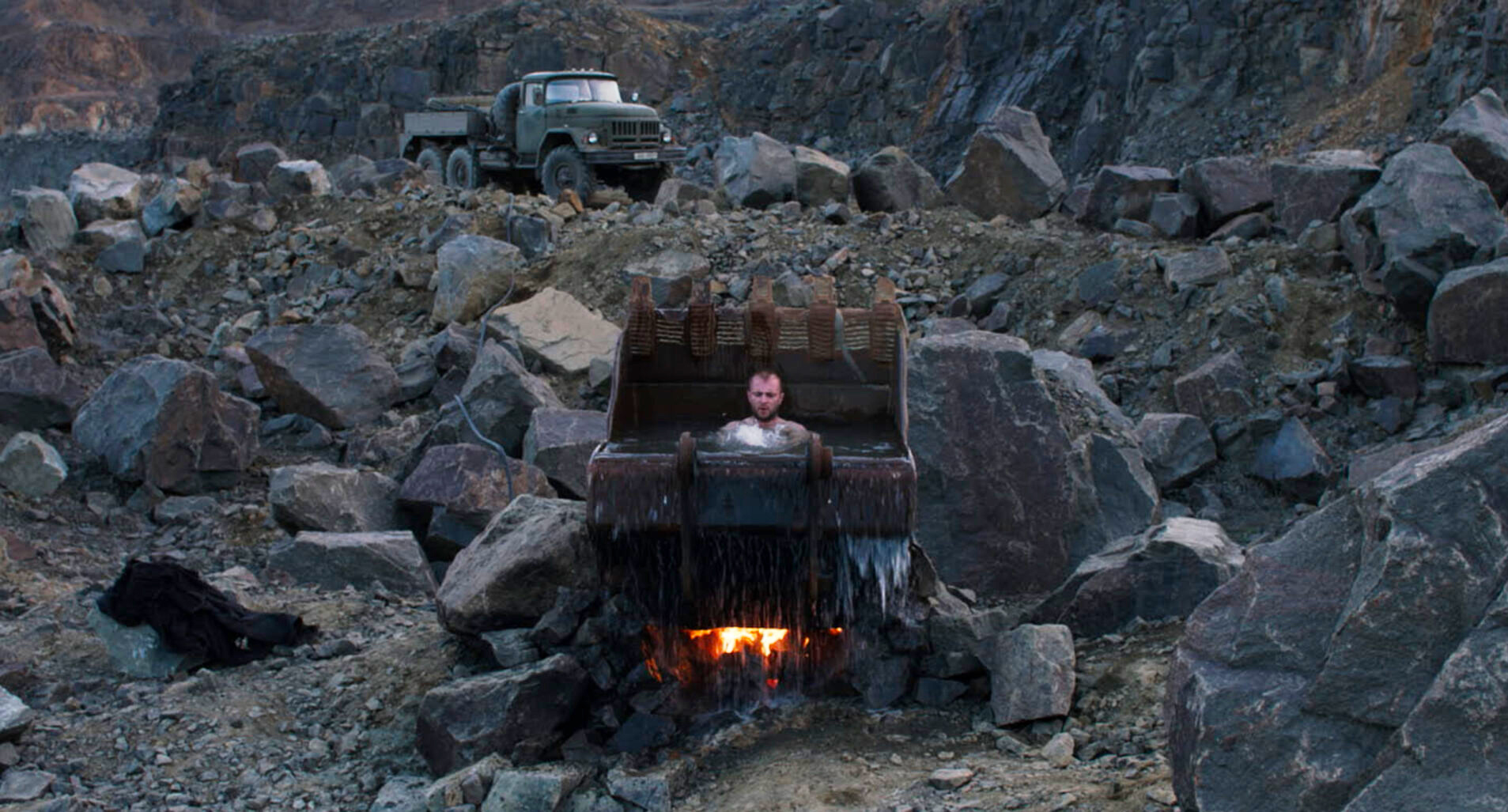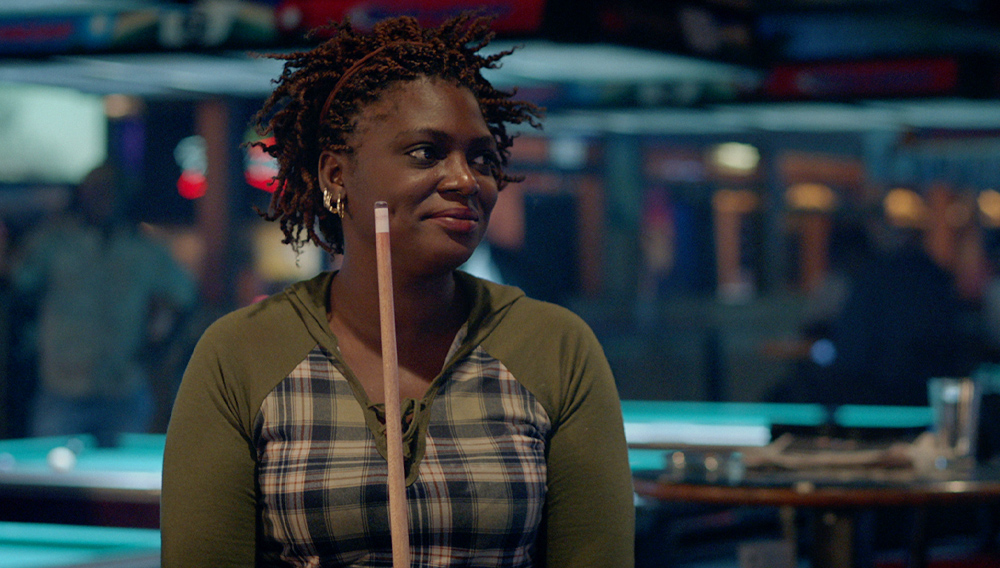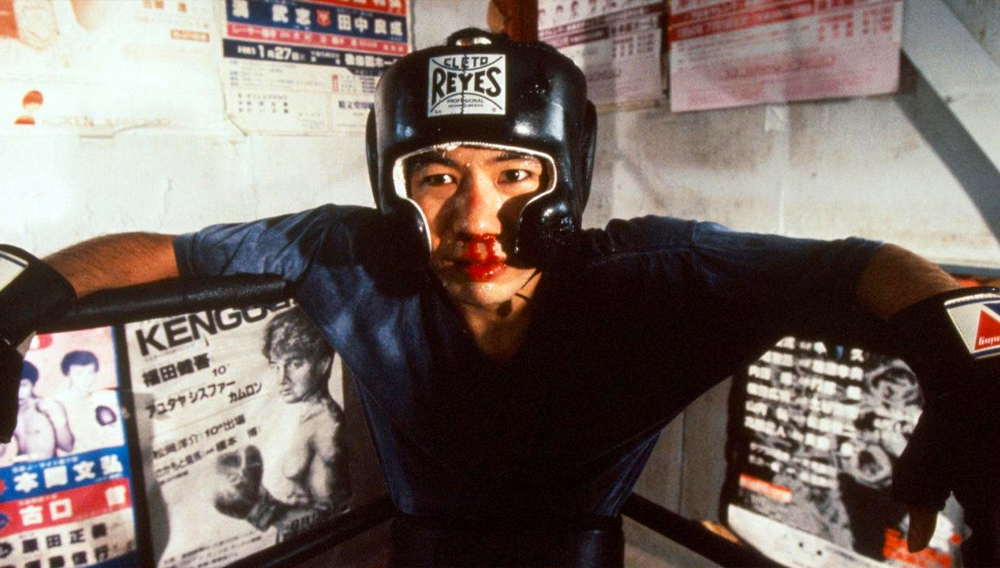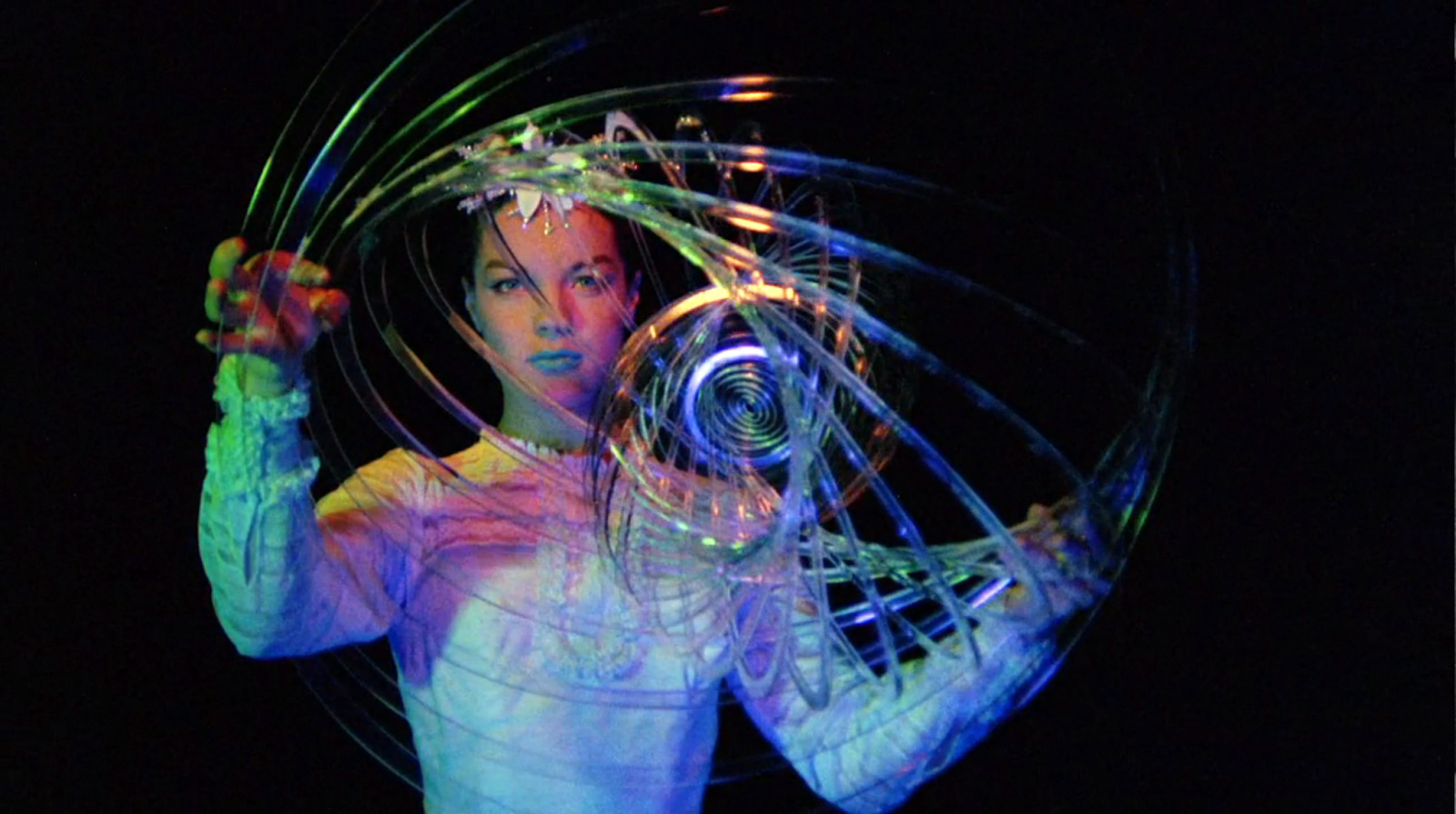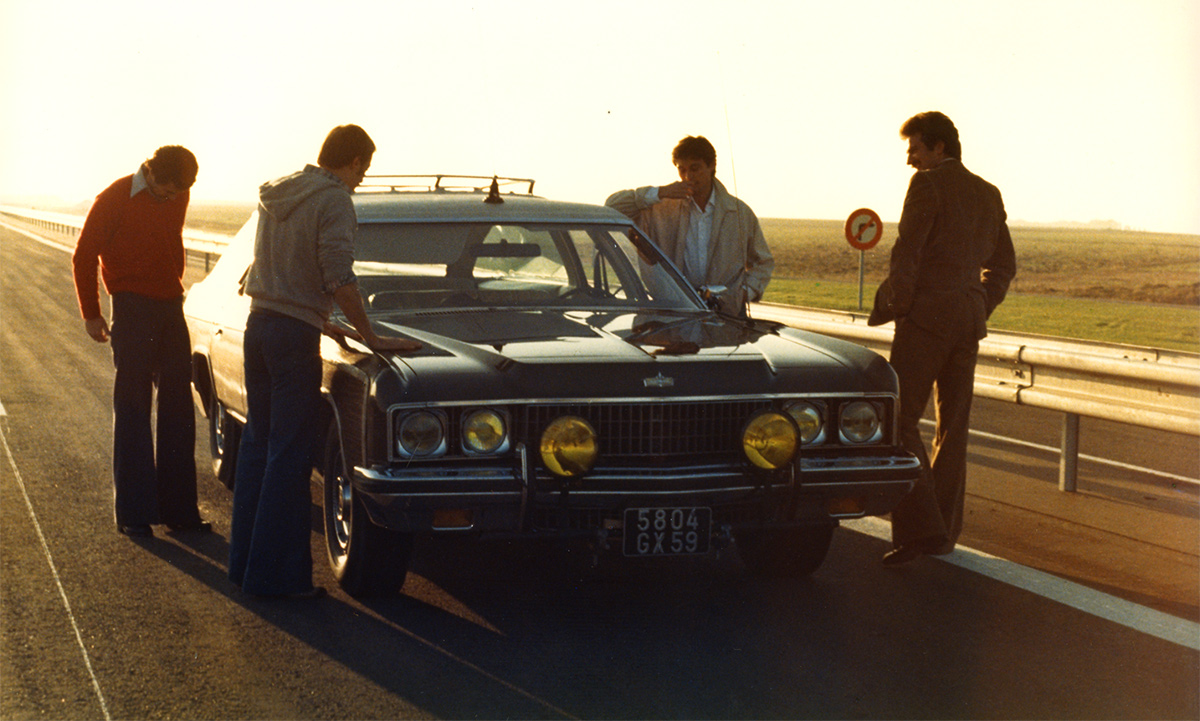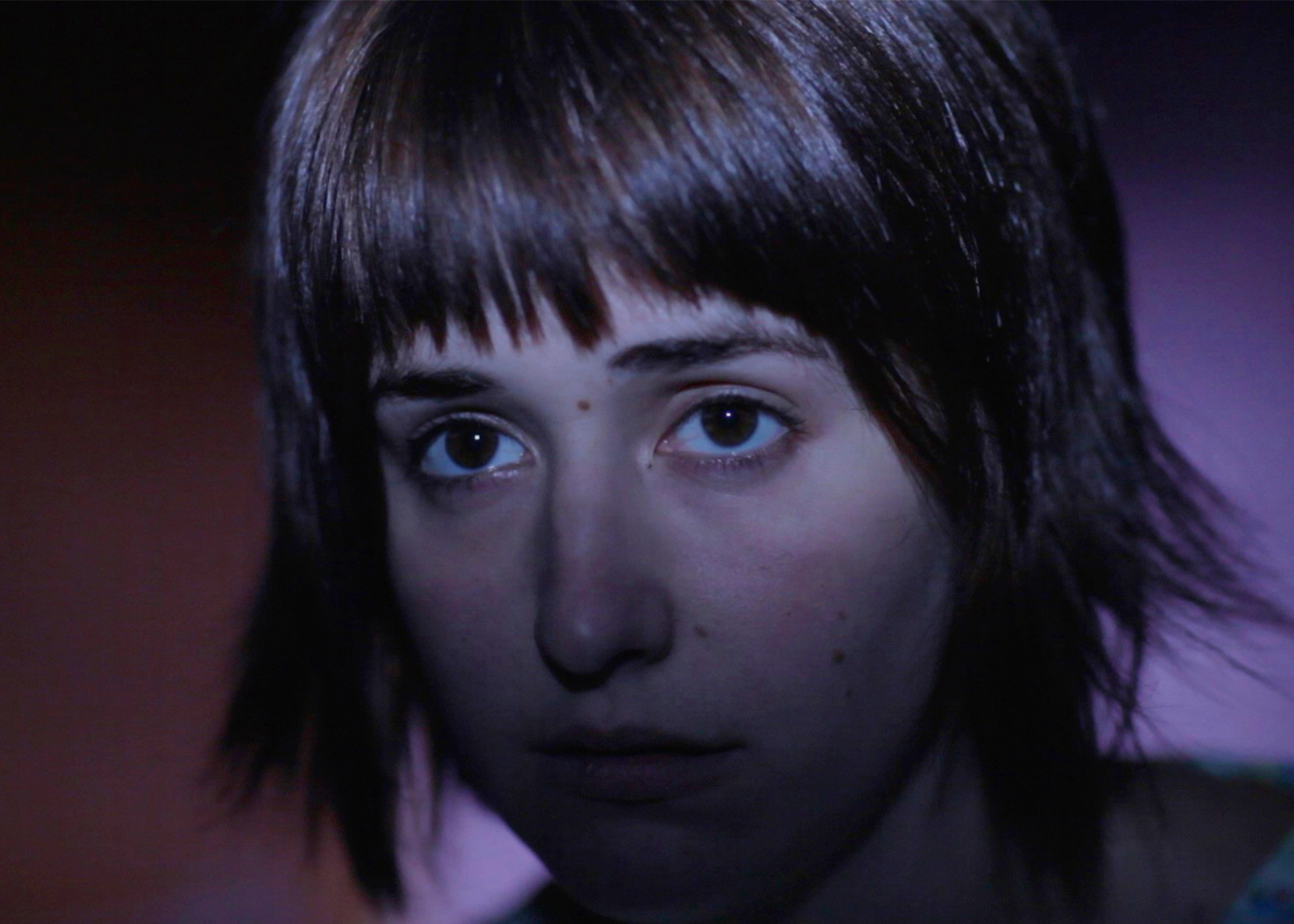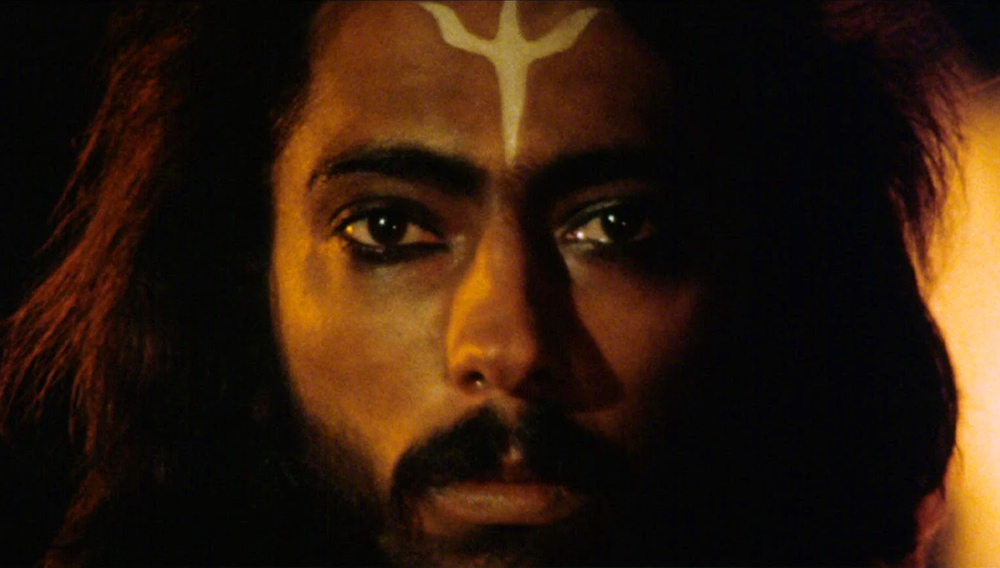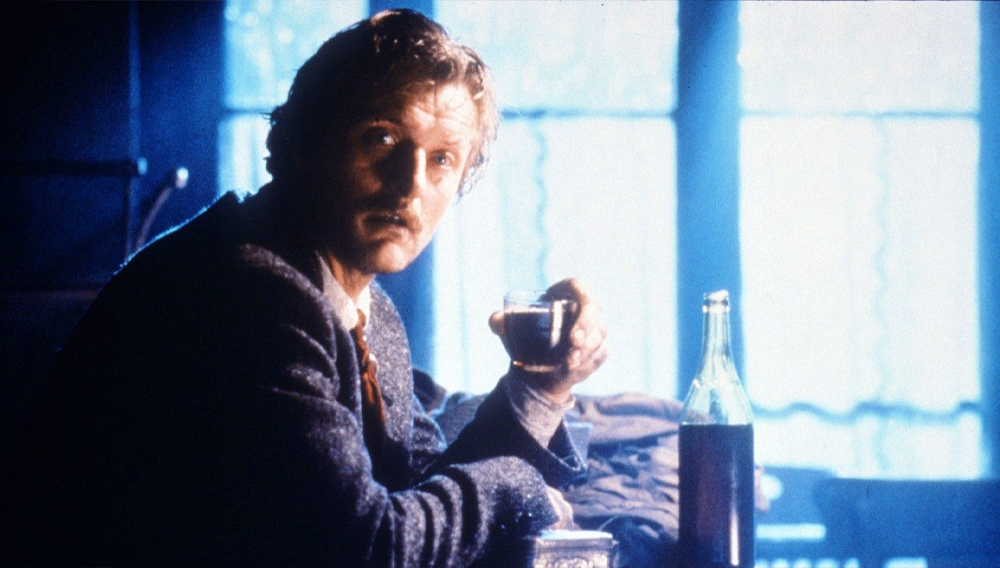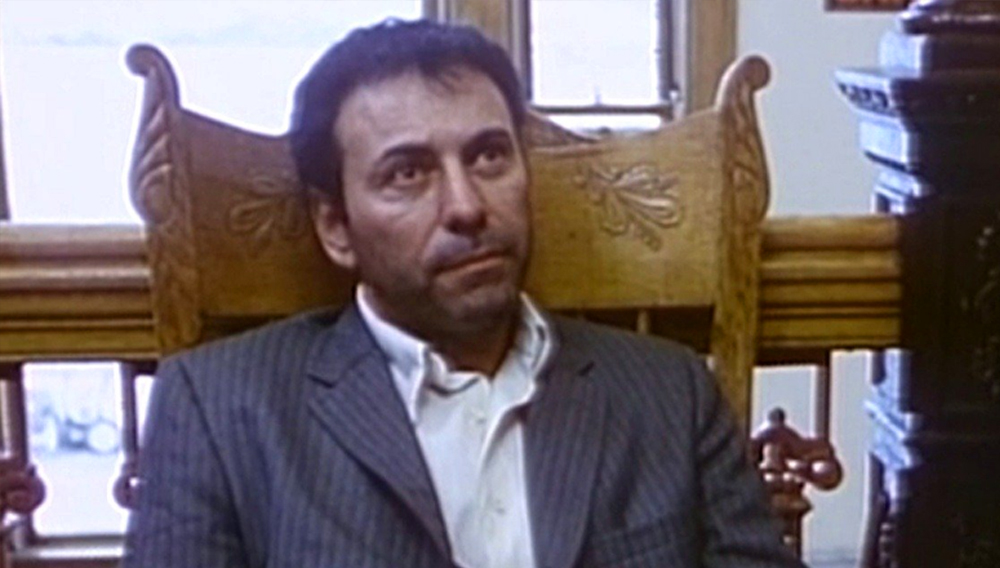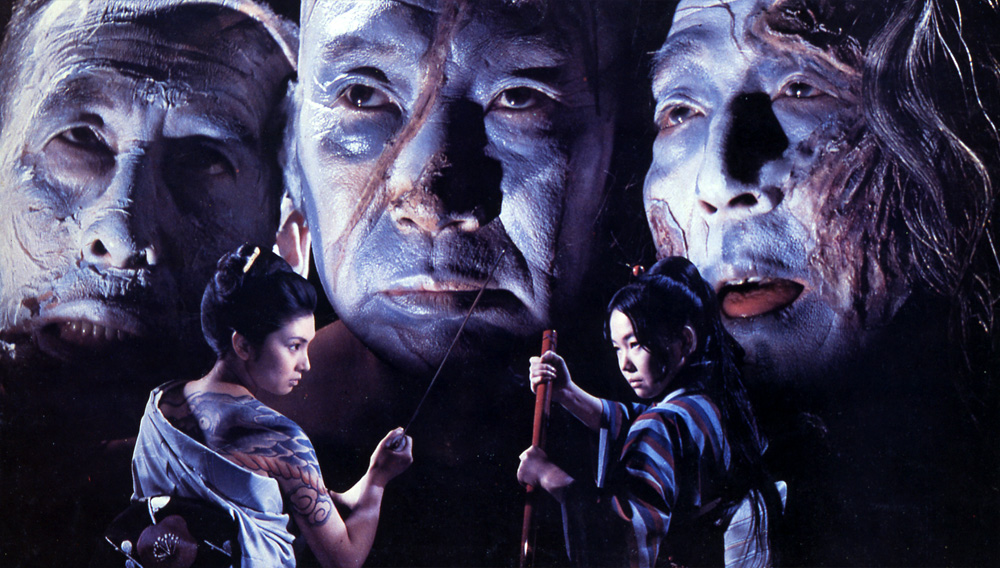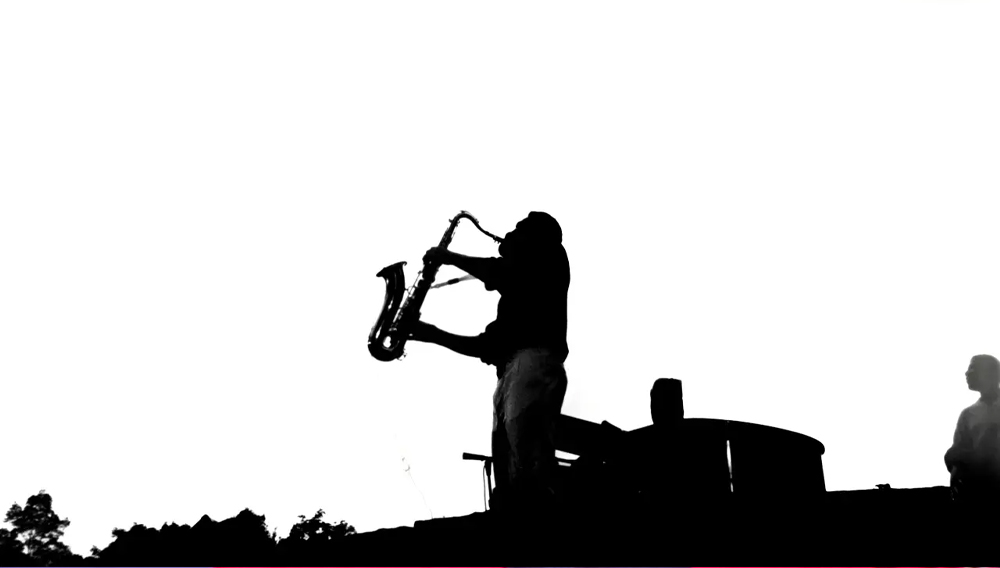Reviewing Hirokazu Kore-eda’s Like Father, Like Son, winner of the Jury Prize in Cannes, Mark Schilling notes in the Japan Times that the original title, “which literally translates as ‘Then to Become a Father,’ hints at a problem many Japanese men have faced at one time or other. How do you become a father to your kids when, workaholic that you are, you hardly ever see them? This certainly applies to the title father, Ryota Nonomiya (Masaharu Fukuyama), who has devoted himself body and soul to his job at a major construction company, while paying only desultory attention to his 6-year-old son Keita (Keita Ninomiya). He even trains the poor kid to lie haltingly but successfully about a father-son outing in an admissions interview for a prestige school. Soon after, he and his wife Midori (Machiko Ono) get the devastating news, confirmed by a DNA test, that Keita is not really theirs: He and another boy were switched at birth.” Kore-eda “referenced true cases in writing his script and his take is correspondingly serious and typically naturalistic, though he does not completely avoid the melodramatics inherent in the material.”
For Scott Foundas, writing for Cinema Scope, Like Father is “an exquisitely controlled, intimate family drama by a director who has devoted himself more assidulously to mapping the inward- and outward-facing contours of Japanese family life than any director since Ozu. That comparison has been made before, and Kore-eda himself has rebuffed it, saying he’s more of a Naruse man, thank you very much.” In Kore-eda’s “best work (amongst which Like Father, Like Son counts) there is a sting lying in wait just below the placid surface. It has been a most curious career, including one high-concept tearjerker (After Life, 1998) so clever—Spielbergian, even—it’s surprising Hollywood hasn’t yet remade it; and, as recently as 2009, a puzzling detour into boy-meets-blowup-doll fantasy (Air Doll). There have also been a charming, Edo-period samurai drama (Hana, 2006) and an overreaching try at a big, (self-)important social allegory (Distance, 2001). But in the last decade, Kore-eda has seemed to find his true author’s voice with a suite of ‘family’ movies that begin with the fact-based Nobody Knows (2004) and also include the semi-autobiographical Still Walking (2008), I Wish (2011), and now his latest.”
“Given its sensitivity in other areas, the film’s conception of its own class divide is stunningly trite,” finds Calum Marsh at Film.com. “Ryota, Nonomiya family patriarch and quintessential movie ‘businessman,’ has a vaguely described office job to which he devotes himself completely, neglecting the attentions of his wife and child as he endeavors selflessly to provide for them. He is contrasted, naturally, with Yudai Saiki, a working class electrician whose lack of wealth entails an apparent charm and nobility. Ryota is a man of means made cold by his deference to poise and composure; Yudai, on the other hand, is a man scraping by made loving and carefree by a life of relative leisure. Ryota and Yudai are polar opposites of finance and disposition, one suspects because in Kore-eda’s world the latter is defined by the former.”
“Like any Kore-eda work, the movie benefits from stunning, if rather sterile, cinematography, a hushed tone, by turns wry and acerbic, and the director’s now legendary ability to direct children,” writes Andrew Schenker at Slant. “But while all this ensures a certain level of aesthetic accomplishment, it ultimately adds up to something less than a satisfying portrait of two families of different classes and two genders with different assumptions. As in After Life, Kore-eda has boxed himself into a scenario where the only way out is to deny the acceptability of that scenario’s parameters, after which, the film having effaced itself, there’s nothing left to do but roll the credits.”
More from Dustin Chang (Twitch), Glenn Dunks (Film Experience), Steve Erickson (Gay City News), Carson Lund (In Review Online), Joshua Rothkopf (Time Out New York), and Bob Turnbull. Earlier: Reviews from Cannes.
Like Father, Like Son was a Special Presentation in Toronto and screens this evening and Wednesday in New York.
Updates, 10/5: Like Father is “an emotionally circuitous film, purporting to dramatize moral dilemmas but mostly biding its time before arriving at foregone conclusions,” writes Michael Koresky in Reverse Shot. “Skirting the line between gentle, Ozu-like observance and jarring melodramatic contrivance, Kore-eda dresses a ripped-from-the-headlines scenario in artful duds.”
And a new trailer:
Update, 10/14: “Kore-eda’s immersive and involving direction ensures that this prince and the pauper familial portrait unravels in an increasingly poignant and absorbing manner,” writes Alex Beattie in the Critic’s Notebook. “It’s at once a small, intimate and urgent study of the intricacies of the father-son dynamic, and yet it’s so utterly powerful that it always feels vital and consequential.”
Updates, 10/18: “I loved Like Father, Like Son at Cannes,” writes Nigel Andrews in the Financial Times. “Re-seeing, I am not so sure…. A story with life and vibrancy becomes a story with a message, a mandate and too mathematical a design.”
“As in I Wish and Still Walking, Kore-eda has a weakness for banally genteel classical music on the soundtrack,” notes Vadim Rizov at Filmmaker. “The overall message (don’t work so much and fly a kite with your kid) isn’t that far off from the usual Hollywood family film guilt-tripping of absent fathers.”
But at Little White Lies, Adam Woodward argues that Like Father is “the perfect antidote to Hollywood’s gratingly facetious brand of ‘baby swap’ comedy.”
NYFF 2013 Index. For news and tips throughout the day every day, follow @KeyframeDaily on Twitter and/or the RSS feed. Get Keyframe Daily in your inbox by signing in at fandor.com/daily.

